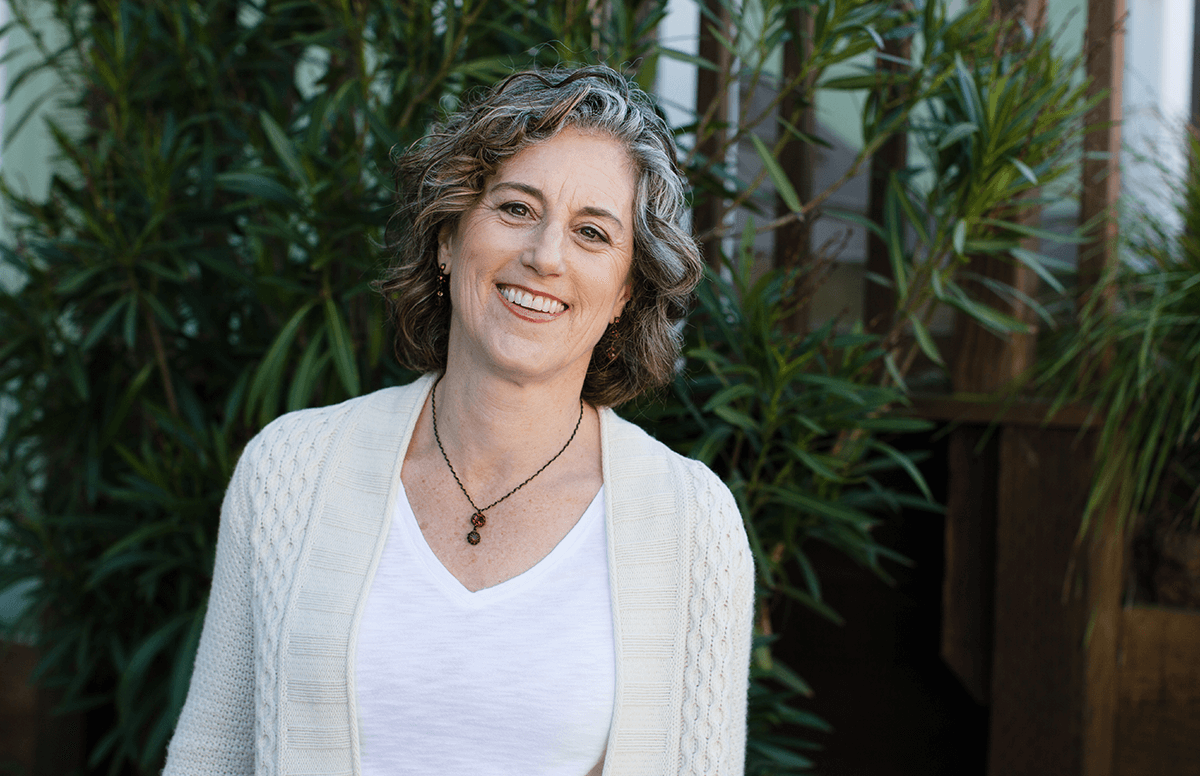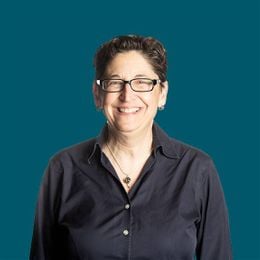Dr. Louise Aronson: Creating a More Positive Perception of Aging
This 2019 Influencer in Aging is a geriatrician on a mission
Dr. Louise Aronson is a practicing geriatrician and professor of geriatrics at the University of California San Francisco (UCSF). Her interests include optimizing health care for older adults, medical education and integrative geriatrics, which is a relatively new field of medicine that advocates for a patient-centered, whole-person, non-pharmacological approach to medical care for older adults.

Aronson has been the director of the Northern California Geriatrics Education Center and currently leads the campus-wide Health Humanities and Social Advocacy Initiative. Her awards include the California Homecare Physician of the Year and the American Geriatrics Society Clinician-Teacher of the Year.
Her writing has been featured in The New York Times, The Washington Post and on NPR, as well as in many scholarly articles. Recently, she’s received national attention for her groundbreaking book Elderhood: Redefining Aging, Transforming Medicine and Reimagining Life, which was released in June 2019.
Next Avenue: You said you figured out that you wanted to be a geriatrician during your internal medicine residency. Geriatrics wasn’t a well-known field then, and you said you still run into people who don’t know what it is. What was it that led you to want to specialize in geriatrics?
Dr. Louise Aronson: By chance, I got a clinic with lots of older people in it, and then a couple of things happened. You know, (in medical school) we were taught the standards of care, and I would do these things to older people and they'd have really bad reactions or outcomes. Right? And I’d think, ‘Why is it this works on everybody else?’
"And I suddenly realized, if they're having me — who's just finished training — give this talk, that means nobody knows about this thing called dementia. How could that be? So, then I realized this is a huge opportunity."
Eventually, I began to see that, ‘Oh, it's because they're older.’ I also realized that there were certain geriatric conditions that I wasn't really being taught how to handle. And it just seemed there were other things going on with older patients that we weren't addressing in the right ways — things that clearly seemed more important to the patients than the stuff I was learning how to do really well.
So, I knew there was geriatrics and so I started reading about it, and I gave my third-year [last year of residency] talk on dementia. And, literally, it was like, a third-year resident in one program of the many hundreds across the country, and people started having me give the talk in big medical conferences, including the American College of Physicians, which is the biggest organization of internists.
And I suddenly realized, if they're having me — who's just finished training — give this talk, that means nobody knows about this thing called dementia. How could that be? So, then I realized this is a huge opportunity.
You also said you found you had a real affinity for older patients, rather than working in pediatrics or in general internal medicine. Was there a special relationship in your life with an older person that might have influenced you?
Yeah, I think it’s a couple of things. I did have this totally awesome grandfather, who was just lots of fun, and with kids in particular. He would play tricks and would take us all out. Like, first we’d go for a big Chinese meal and then he’d take us up to one of the hotels that has these glass elevators that goes up and down and we’d ride on that.
And then he’d take us in his car down these really steep hills and take his hands off the steering wheel. We didn’t really understand how the car works — and he had five granddaughters — so we’d be squealing and laughing. And he’d take us out for ice cream. I mean, it was the best. He took us out for half-birthdays. He was just fun. So, I think that was part of it.
And what was the other part?
I also think because I'm the sort of person who didn't major in science [an undergrad double major in history and anthropology] and I like stories, and I like culture — you know, all those big complex things that aren't quite science.
Although I love science, too, now. Being in geriatrics, the only way you can take care of older people — particularly if they become frail or sick — is you have to know who's in their life. You have to know what their physical environment is like. You have to have a sense of what they value most, because the risks and benefits of treatments really change, both as your body changes, but also as your horizon of life gets smaller.
So, I have to ask all those other questions, and that really interests me. And I get to know people, so I can help them make the best decisions for their care.
What led you to write ‘Elderhood?’ Was it years in the making, or was there something or some event that sparked you to write it?
I had gotten the writing degree [a master’s from Warren Wilson College in Asheville, N.C.] and written the short stories (A History of a Present Illness: Stories). I ended up with a two-book deal, and my editor said, ‘You know, even though the first one was fiction, the way you write about medicine, wouldn't it be amazing if you wrote about aging in some way?’
I think I would have come to that anyway. … I also started just writing more op-eds and articles, and working on my nonfiction, and I realized there's so much advocacy we need to do about aging. There's just so much prejudice that's baked in to how we do most things. Not just in medicine either — just in society — that it's OK to write off, or discriminate against, old people, even in places like San Francisco, where you wouldn't necessarily do that to people of color or women or LGBTQ folk or whatever.
What is the most important point you hope people will come away with after reading ‘Elderhood?’
I think the biggest point is that in this modern era, people live for decades and generations as old people. Just as we've known forever, they live for decades and generations of adulthood and two decades in childhood. And the only way we create a world that's as friendly to elders as it is to children and adults is by every time you say kid and adult — add elder.
And every time you talk about childhood and adulthood — add elderhood.
That’s the only way we create a world and a society that acknowledges and welcomes people across the whole human lifespan.


